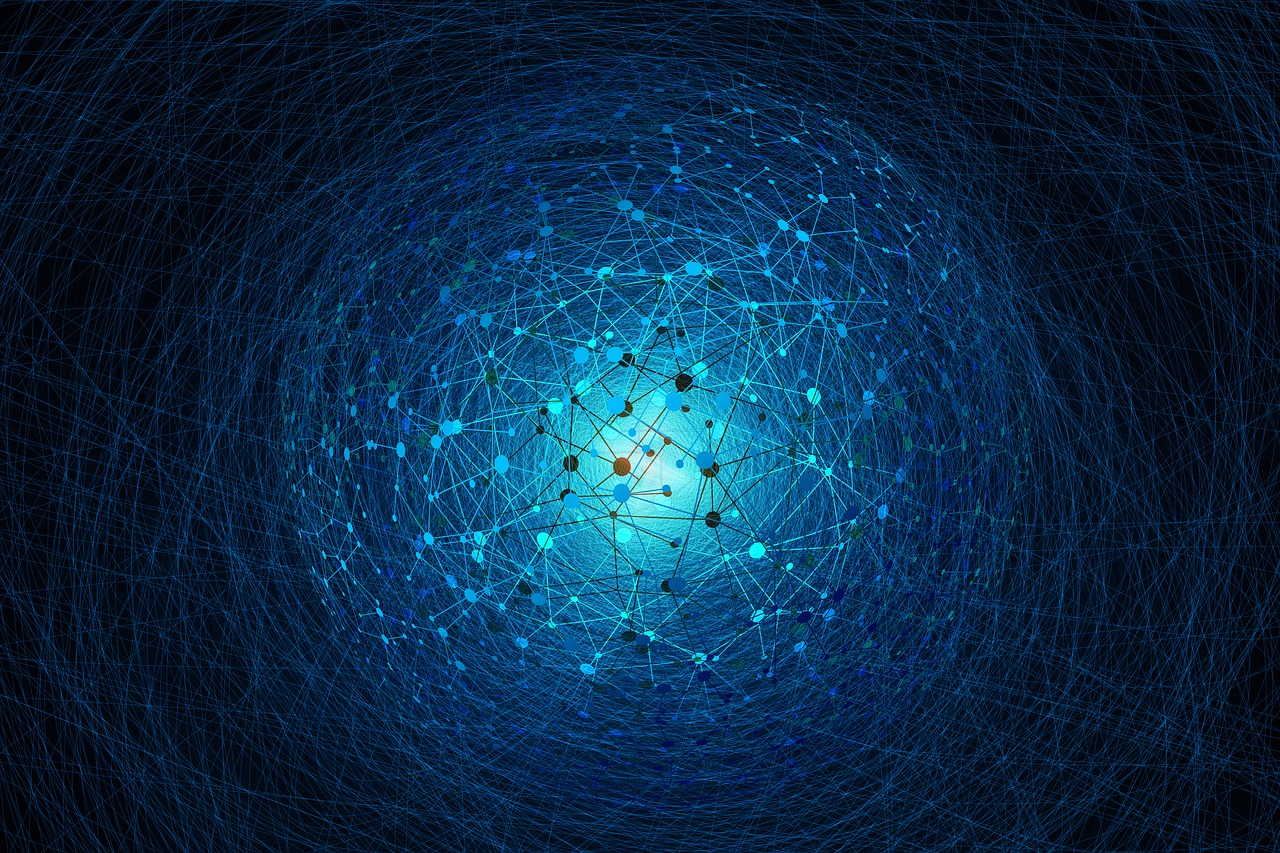I wonder how far my view of the universe is from (objective) reality.
My pal Dave Nadig suggests that we are all much further away from any sort of recognition of the true universe than we suspect.
We chatted about this last week, and the more I thought about it, the further away from reality it turns out that we actually are. Best I can figure, we may all be at least six degrees1 away from truly comprehending, well, anything:
1. Perception: The way we see the world is through a very specific set of sensory apparatus – one that we know is functional but flawed. There is a micro-delay in receiving inputs, so we are always a few milliseconds behind reality, living in the imediate past. Our perceptions provide survival, not accuracy, advantages.
2. Interpretation: We have to interpret those sensory inputs in a way that is useful but not necessarily precise — that’s too expensive. It turns out that usefulness is even more important than accuracy — which is unneccesary. Hence, how we interpret input is based on a similar set of trade offs — survival matters, accuracy oten does not.
3. Ego: We are all individuals who cannot but help but to see the world through our own sense of self. It’s our vantage point, how we are built, and it gives us a unique identity but comes with lots and lots of baggage. (See also: Reproductive/survival bias). Stepping out of ourselves is challenging to do consistently. Our default setting assumes our vantage point is correct.
4. Models: We are born knowing nothing but having a rich heritage of instincts and evolutionary history. And so we build up our own internal model of the universe over time and at great biological cost. We are loathe to throw away this expensive internal map, even when confronted with overwhelming proof it is wrong. See also Cognitive Dissonance.
5. Priors: Over time, the model we create experiences the world, and begins to identify patterns. These form the basis of experiences, beliefs, ideas, and even knowledge. But our understanding is imperfect, and what we think we know is often wrong. Subsequent decisions based on fundamentally flawed conceptions lead to an obvious outcome.
6. Ideology: We organize our thoughts about complex structures into a belief system (different than a model). This system of beliefs can become a lens through which we view the world. That lens is often useful, but rarely comprehensive and only accidentally accurate. It easily leads to incorrect conclusions.
That is the basic idea — the process of how input enters our processors, how we manage to manipulate it, and what the eventual output is shape our useful but flawed concept of the world around us.
It is tremendously humbling to recognize how little we actually know. I alluded to this in Unconventional Wisdom, my post-midterm, everybody was lol wrong wrap-up.
The ramifications of misunderstanding the world even as we delude ourselves into believing otherwise are costly. It is very easy it is to misunderstand any complex system — be it politics, markets, or just the world around us. We need to be reminded of this more often…
See also:
Blueprint for the Global Village (This View Of Life, Sep 4, 2014)
Previously:
Unconventional Wisdom (November 9, 2022)
Is Partisanship Driving Consumer Sentiment? (August 9, 2022)
Nobody Knows Nuthin’ (May 5, 2016)
Forecasting & Prediction Discussions
_________
1. Six degrees of separation is a simple idea: Everybody is just six (or fewer) social connections away from each other. First popularized in John Guare’s 1990 play Six Degrees of Separation, it spread widely in part due to “Six Degrees of Kevin Bacon” (link any actor to Kevin Bacon through six or fewer connections).


